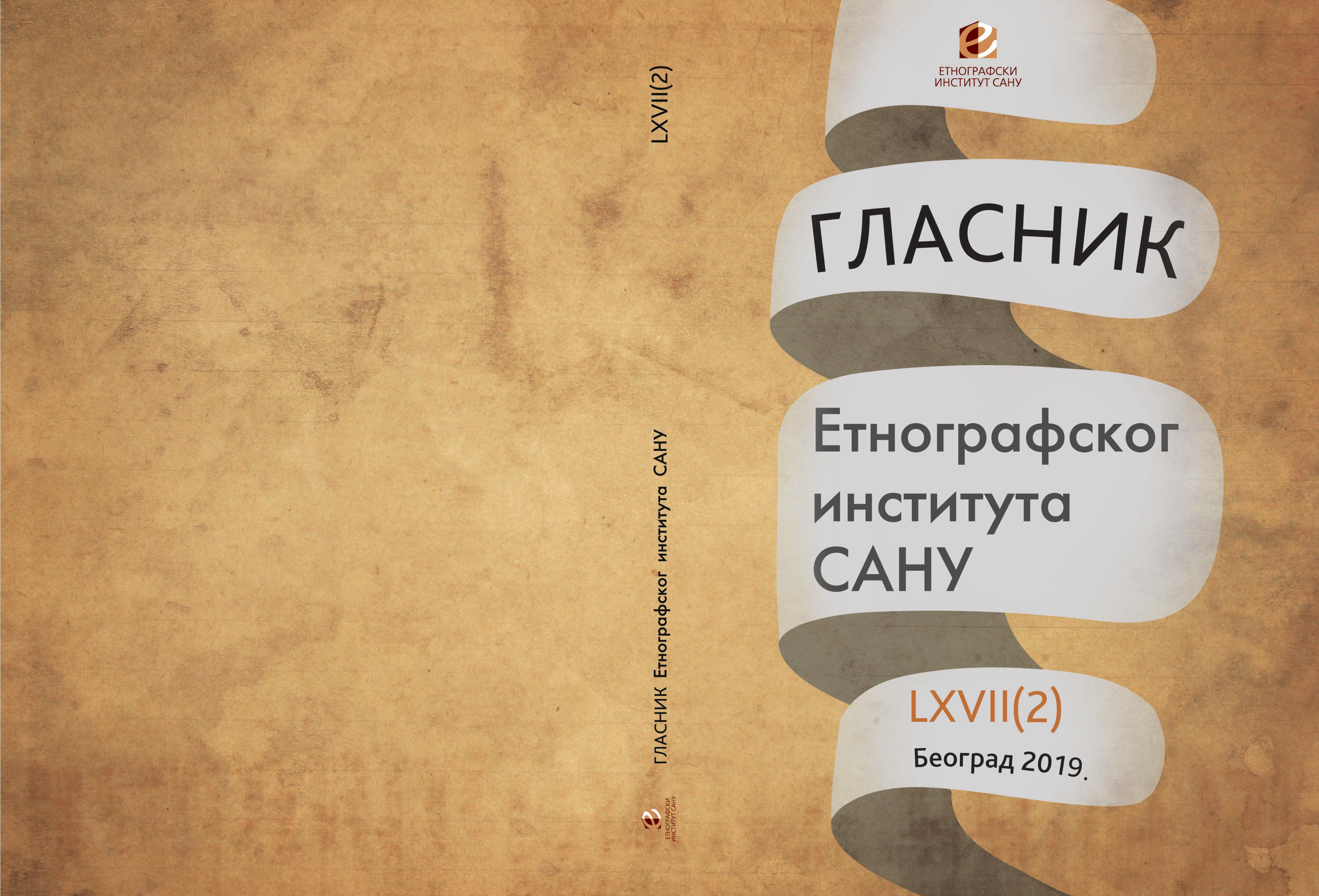Пурпурно путовање онкрај свести – прамистерије женског у 'Дану шестом' Растка Петровића
Purple journey beyond consciousness – primordial mystery of the feminine in The Sixth Day by Rastko Petrovic
Author(s): Ivana BašićSubject(s): Gender Studies, Studies of Literature, Cultural Anthropology / Ethnology
Published by: Етнографски институт САНУ
Keywords: Rastko Petrovic; The Sixth Day; World War I literature; matriarchal consciousness; literary anthropology
Summary/Abstract: Novel The Sixth Day by Rastko Petrovic, even though for a long time neglected by criticism, has recently been acknowledged as the best Serbian novel about World War I. At the centre of this novel, which has autobiographical elements, is the process of dehumanization, while war is represented as a purple cyclical journey to the very essence of human being as it goes through historical and personal turmoils. War, notwithstanding its traditionally "male" nature, is experienced as part of the cycle of maternal nature, which strives towards renewal and recommencement, substituting on several levels historical factography with suggestive mythical images. Petrovic's vision of the bloodshed becomes "the cycle of the feminine in nature," which expels from herself "the half rotten seed" in order to generate a new one. "War" novel by Rastko Petrovic, interpreted in the key of Neumann's theory of the primordial mysteries of the feminine, represents an anthropological and psychological study of matriarchal consciousness in artistic form. The mysteries of blood (menstruation, defloration, birth giving, transfiguration of milk into blood, and death) are dominant in Petrovic’s novel, highlighting the “transfigurative character of the feminine” and are the effects of the anima, whose function is fundamentally positive since it represents the awakening of consciousness and thus the overcoming of the anonymous and formless subconsciousness related to “matriarchal situation.” Despite some negative aspects, the figure of the Great Woman or the Great Mother in The Sixth Day should not be associated with the existentialist approach characteristic of the patriarchal view of women given that negative aspects ensue from the pre-archetype which contains in itself both both positive and negative aspect. It was through “geological layers of humanity” and human consciousness that Rastko Petrovic aimed to disclose “the primordial mysteries of the feminine”.
Journal: Гласник Етнографског института САНУ
- Issue Year: LXVII/2019
- Issue No: 2
- Page Range: 361-376
- Page Count: 16
- Language: Serbian

